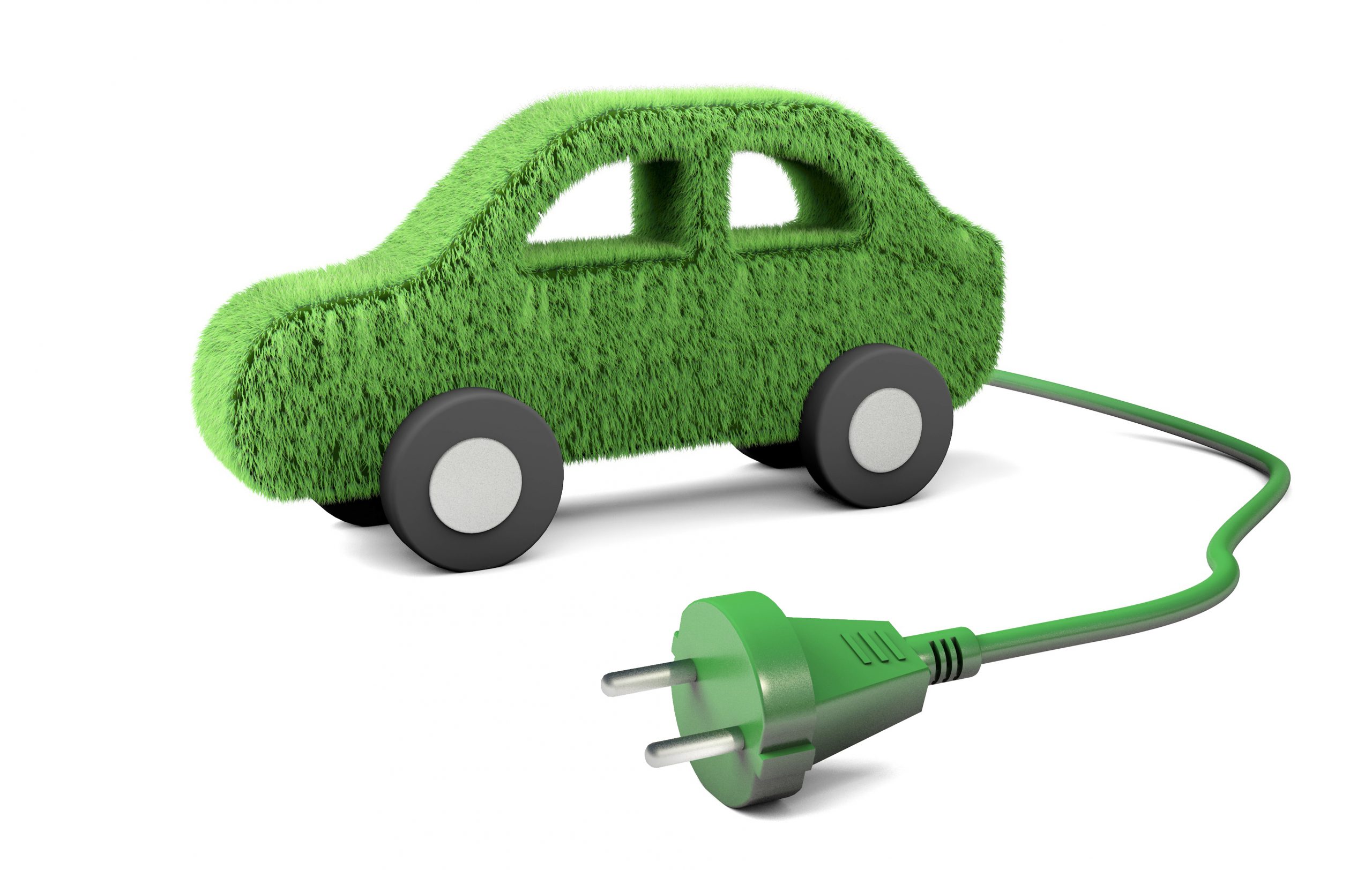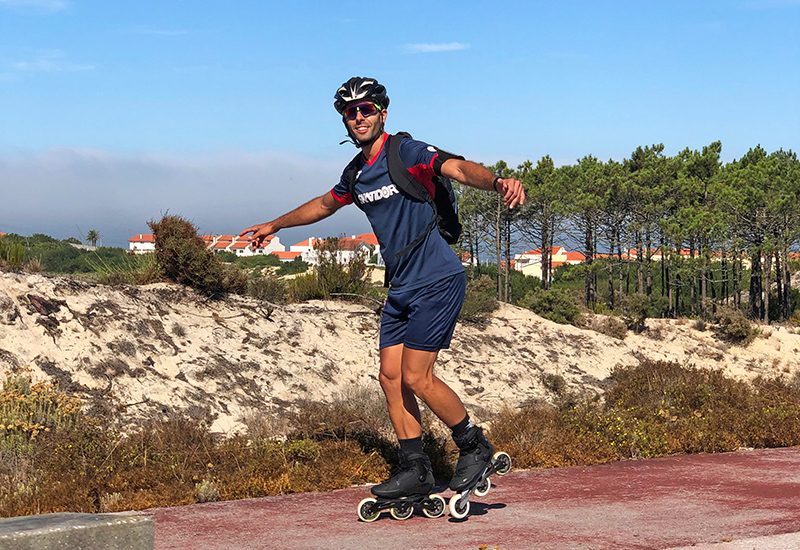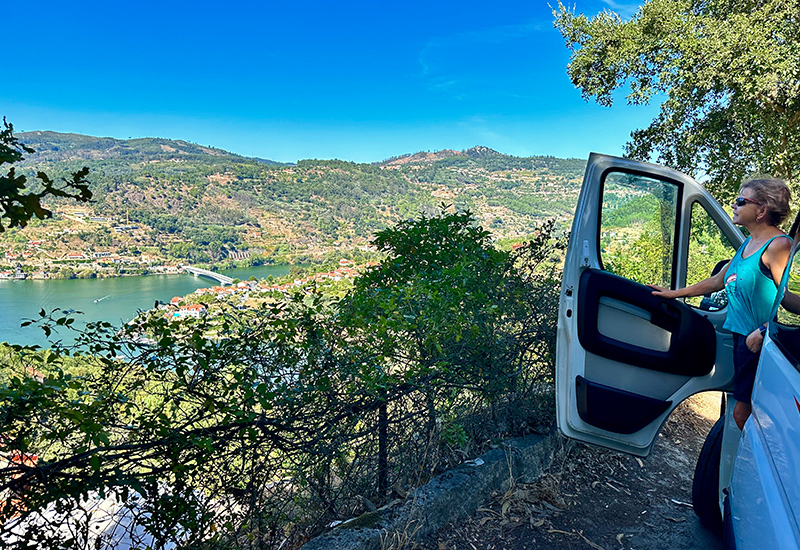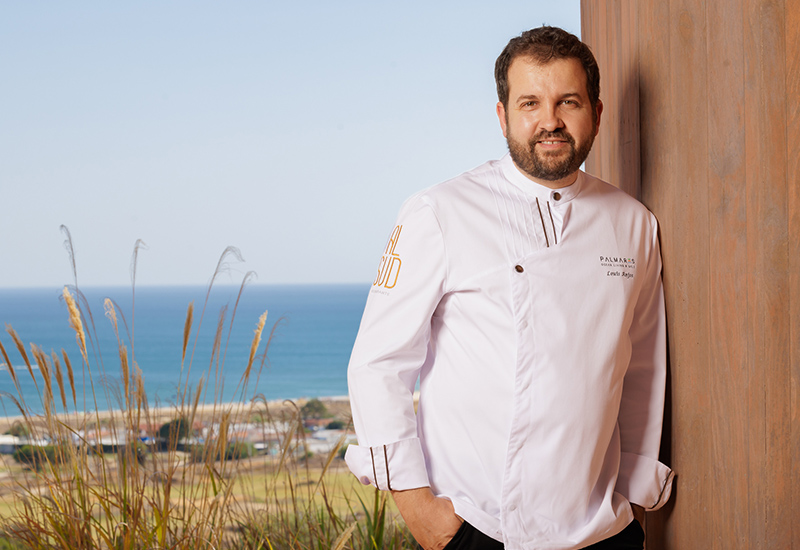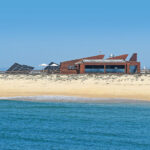For those of us who drive, the era of the internal combustion engine is coming to an end. If you live here in the Algarve and are thinking of switching to an electric vehicle, the main concern will be is the infrastructure in place? The short answer is, it’s coming!
by James Plaskitt
Portugal is not a principal contributor of greenhouse gases in the EU – it accounts for only 1.6% of the Union’s total GHG emissions. Nevertheless, the country has been operating a National Climate Change Programme ever since the Kyoto agreement was signed in 1999. The programme recognises that there is a lot to do to curb emissions from transportation. Vehicle emissions in Portugal have risen by 89% since 1990, mainly as a result of sustained economic growth and, with it, a huge growth in car ownership. The transport sector now accounts for 27% of Portugal’s GHG emissions.
In 2020, Portugal’s total GHG emissions totalled 41.3 million metric tons. That was down 18% on the previous year and took emissions back to their 1990 level. However, it was a year of sharp contraction in the economy, as a result of COVID 19, and a steep drop in car usage. If we smooth out the trend to remove unusual circumstances, then Portugal’s GHG emissions peaked in 2006 and have been slowly declining since, mainly as a result of a rapid switch to non-fossil fuel energy generation. Portugal now ranks around the average in the EU for progress on GHG emissions.
The government is ambitious about making progress on the switch to vehicle electrification, in the context of the EU’s policy of ending new internal combustion engine sales in 2035. As part of that ambition, the government has introduced a range of incentives to encourage car buyers to switch to electric vehicles.
A quick glance at the offers shows:
– A 3000€ grant against purchases of new electric cars, rising to 6000€ for a van
– An exemption from vehicle tax
– An exemption from VAT on the initial purchase
All of which sounds tempting – but there is a catch in the small print. The fund for the purchase grant is capped, and once it is spent, that’s it for that year. With the budget currently capped at €4 million, it is only enough to grant-aid around 1000 vehicle purchases. So, if you are thinking of going electric, best to work closely with a dealer and a calendar!
Even so, the incentives seem to be working. 14% of new car sales last year were either fully electric or hybrid models, putting the share ahead of what is currently being achieved in the UK, which is 11%.
In the first quarter of this year, the proportion rose further to 16%. Of 31,000 new cars sold, 1600 were fully electric and 3400 were hybrid.
So thousands of buyers already seem reassured about the infrastructure. It is relatively straightforward of course if you can charge your vehicle at home. Building regulations have also recently changed to require an EV charging point in all new residential constructions. The stumbling point for many buyers at the moment is the availability of public charging. The government has a target of achieving 20,000 public charging locations across the country by 2025. Currently, there are 7000, at 2900 separate locations.
The current provision of charging locations here in the western Algarve is:
Lagos 14 – of which 3 have fast charge facilities
Portimão 12 – of which 2 have fast charge facilities
Lagoa 3
Alvor 2
Aljezur 1
Monchique 1
Carvoeiro 1
These are the current total of locations; there are several charging points at each location. If the numbers sound small, it’s worth noting perhaps that Lagos currently also has 14 petrol stations!
There is comprehensive information about the public charging network here in the western Algarve via Mobi.E (www.mobie.pt).
If EV sales need to pick up the pace, expect more incentives. Some northern councils already offer free public parking for EVs. None of our councils do – yet. And, you never know, there may eventually be a toll concession on the motorways!
James Plaskitt served as an MP in Tony Blair’s government in the UK. He is now retired in the Algarve.
